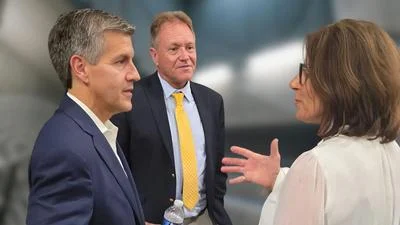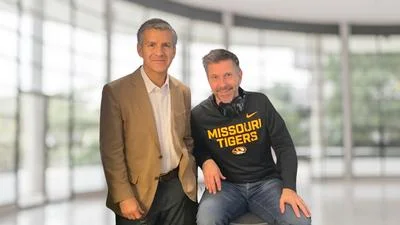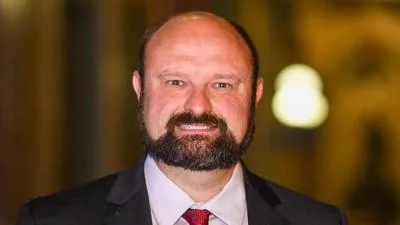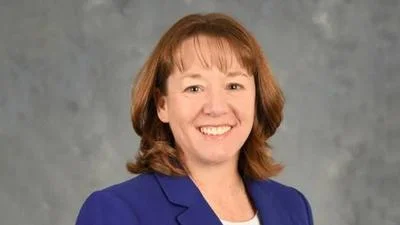Congressman Mike Bost | Congressman Mike Bost Official U.S. House Headshot
Congressman Mike Bost | Congressman Mike Bost Official U.S. House Headshot
Rep. Tom Barrett, Chairman of the House Committee on Veterans’ Affairs Subcommittee on Technology Modernization, addressed the issue of interoperability between the Department of Veterans Affairs' Electronic Health Record Modernization (EHRM) program and community care providers during an oversight hearing. Barrett emphasized the importance of ensuring that veterans receive comprehensive healthcare by having their medical history accessible to any doctor treating them.
In his opening remarks, Barrett expressed frustration with the VA's delayed testimony, stating, "I want to start by saying that I am frustrated and disappointed by the lateness of VA’s testimony." He highlighted the significance of interoperability in impacting all veterans and stressed that complete and accurate information is crucial for high-quality healthcare.
Barrett acknowledged progress made over two decades in exchanging millions of healthcare records annually but pointed out existing gaps. "The best healthcare requires truly interoperable healthcare data that moves with the veteran regardless of what EHR is being used," he said.
He noted that while VA provides healthcare to millions annually, about one-third comes from Community Care networks. Challenges persist in exchanging data with smaller hospitals and physicians’ offices. The need for standardized data exchange was underscored as essential for fulfilling commitments to veterans.
The Dole Act mandates VA to adopt health information interoperability standards to enhance data quality. Barrett stated these standards would improve data exchange between VA and Community Care providers, ultimately benefiting veterans inside and outside VA systems.
During the hearing, Barrett sought updates on VA's strategy and recent progress in bridging interoperability gaps. He mentioned the “Veterans Interoperability Pledge,” which enables private hospitals to confirm a patient's veteran status instantly, facilitating better care through awareness of service-related health issues.
Barrett acknowledged improvements in data exchange but noted challenges remain in connecting with smaller providers: "While VA is connected to roughly 90 percent of U.S. hospitals...the last ten percent are the hardest to reach."
He concluded by urging further collaboration between VA and community care partners: "What remains is for VA to organize and collaborate with its community care partners...to provide the best care possible."
Barrett then yielded time for Ranking Member Budzinski's opening statement.






 Alerts Sign-up
Alerts Sign-up